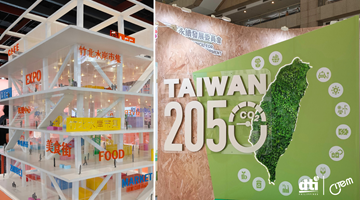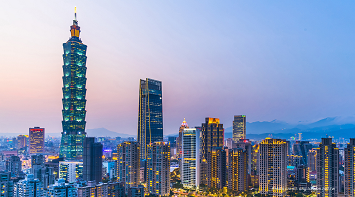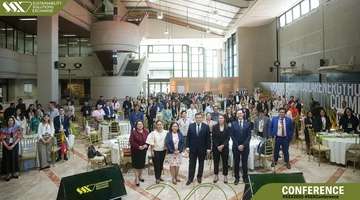POSTED Mar 22, 2022 - 04:21 PM
Your green practices may qualify you for tax benefits
This special tax deduction aims to encourage businesses to generate and sustain green jobs
Original article by Ben O. de Vera
Additional text by Yann Magcamit
In 2019, the Bureau of Internal Revenue (BIR) published the guidelines for tax perks that qualified businesses can avail from the government in line with Republic Act (RA) No. 10771 or the Philippine Green Jobs Act of 2016.
Issued by Finance Secretary Carlos G. Dominguez III and Internal Revenue Commissioner Caesar R. Dulay, the BIR Revenue Regulations (RR) No. 5-2019 began to take effect on May 1, 2019. It implements the tax provisions of the Philippine Green Jobs Act of 2016, which aims to promote the creation of green jobs by granting incentives and appropriating funds to businesses.
Which businesses can claim benefits?
Tax perks from the RR 5-2019 may be claimed by qualified business enterprises engaged in the following green practices: climate change mitigation, green building practices, green technologies, production and provision of green goods and services, projects that promote green economy and sustainable development, and creation of green jobs.
Under RA 10771, these qualified businesses “shall be entitled to a special deduction from the taxable income equivalent to 50 percent of the total expense for skills training and research development expenses.”
According to RR 5-2019, the tax incentive can only be availed during the same taxable year when the aforementioned expenses were incurred or paid. The taxpayer must also be able to “substantiate the deduction with sufficient evidence” and the special deductions are over and above the allowable, ordinary, and necessary business deductions for the said expenses.
A certification from the Climate Change Commission Secretary is required from qualified business enterprises applying for tax benefits. They must also register or update their registration with their revenue district office (RDO) by submitting the certification from the Climate Change Commission. Claims for the special tax deduction should be filed during income tax return filing season in the RDO where the project was registered.
Included in the policies of the Philippine Green Jobs Act of 2016 are “affirming labor as a primary social economic force in promoting sustainable development” and promoting the people’s rights to a “balanced and healthful ecology.” With this act, the business sector gets further encouragement to observe sustainable development and help bring a transition to a green economy in the country.
Provisions of the Philippine Green Jobs Act of 2016 continue to be enacted up to now, and it is also part of the “Strategic Plans to Develop Sustainable Finance in the Philippines” in the Department of Finance’s “The Philippine Sustainable Finance Roadmap” launched in 2021. It was developed as part of the ASEAN Low Carbon Energy Programme and designed as the first phase roadmap of the country’s transition to a low carbon economy.
Aside from RR 5-2019 and other policies under the Philippine Green Jobs Act of 2016, the country also has other existing policies and regulations that consider sustainable development. This includes the Climate Change Act of 2009 and Renewable Energy Act of 2008. The Sustainable Finance Roadmap acknowledges the need to strengthen these policies and plans to “continue promoting the integration of inclusion and sustainability issues into the macroeconomic policies and regulations.”
This story was originally published on Inquirer.net
Read more

Rooted in Advocacy, Crafted for the Future
Going strong for 42 years, Manila FAME is a bold, seasoned trade show shaped by decades and transfor... Learn More

Learning the curve of sustainability: CITEM explores Taiwan’s SDG-driven industries
CITEM tracks sustainable practices in Taiwan’s transformative industries, and gets a glimpse of a... Learn More

CITEM Market Sensing Mission to Taiwan to strengthen PH SDG competency
Making serious strides toward strengthening the country’s sustainability footprint, CITEM travels to... Learn More

EU, PH push for green solutions in food industry at Sustainability Solutions Exchange 2025
Aiming to develop a sustainable Philippine food industry, the European Union (EU) and the Department... Learn More
